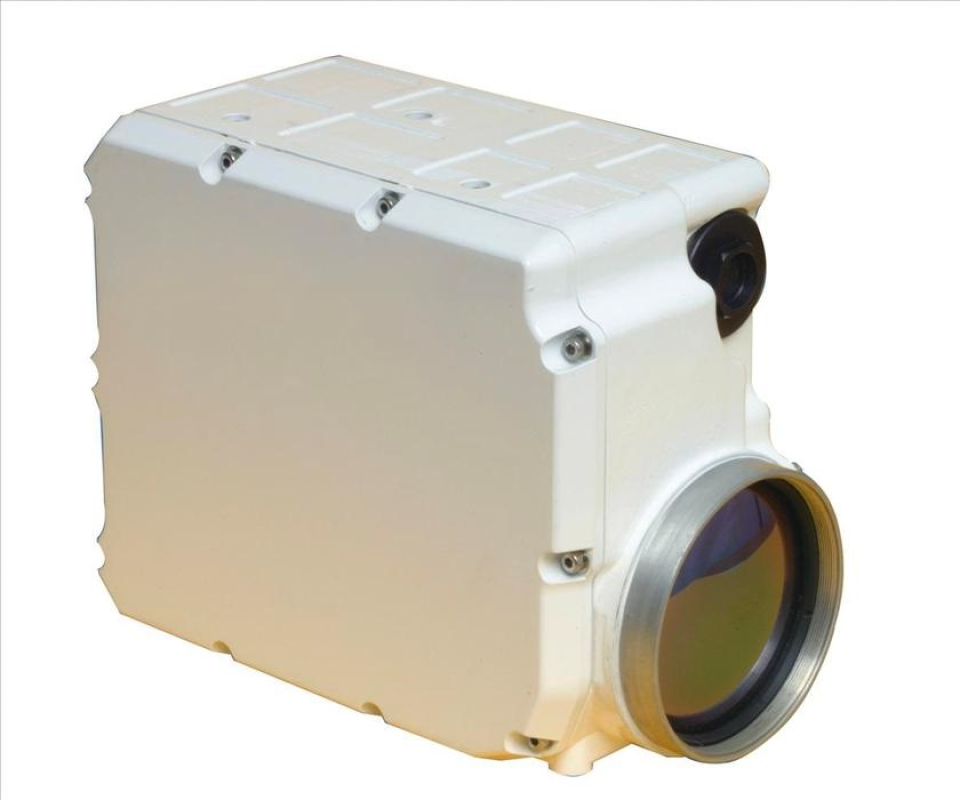French arms firm busts sanctions to help Russia build weapons

It was the BMD-4 with the Thales-made Catherine FC thermal imaging camera that took part in the shelling of Ukrainian civilian cars in Bucha.
I saw a post by volunteers on a social network, and together with my fellow lawyers we launched our own probe into the French manufacturer's involvement in Russia's military aggression against Ukraine.
Oleksandr Dubilet,
Chairman of the Board of CB "PrivatBank" (1997-2016), Financial and banking expert
So-called exemplary company
In France, Thales is not just a public company. There are three arguments to support this assertion.
1) The company specializes in the manufacture of systems for military, aerospace and maritime purposes
2) The company's shares are listed on the Paris Stock Exchange
3) It is not so much the private shareholder (the Dassault family with its 24.62% share) that is important, but the French government and its 25.67% share. Simply put, a company that is more than a quarter controlled by the French government, exports components that kill Ukrainians.

According to open sources, Thales supplied Catherine FC thermal imaging cameras to Russia, which were used to manufacture the Essa, Plissa and Sosna-U thermal sighting systems. They enhance the combat capabilities of modified Russian T-80, T-90, T-72 tanks and other military vehicles.
Conscious violators
After photo and video evidence of "fruitful" cooperation between Thales and Russia appeared on the Internet thanks to volunteers, my fellow lawyers and I have found real evidence that Thales supplied these combat components after the imposition of sanctions related to Russia's annexation of the Crimea.
Since this model of equipment was created in 2016, foreign manufacturers had to supply components at least a year earlier. Consequently, Thales sold military goods and technologies to Russia after the introduction of the first wave of sanctions (Council Regulation (EU) No. 833/2014 of July 31, 2014).

Are these sanctions significant? Undoubtedly. In 2015, Thales failed to sign a $1.3 billion deal to supply two helicopter carriers to Russia. Instead, both ships were sold to Egypt.
I will also talk about a lesser-known episode of illegal but profitable cooperation between Thales and the aggressor state. The French company Sofradir, a subsidiary company of Thales, specializes in the manufacture of infrared detectors for military, space and commercial use.
According to NGO Disclose, in 2016, the company supplied 83 infrared detectors (S24) and 258 infrared detectors (S02) to Russia's CJSC TPK Linkos.
What is Linkos? According to the Arms of Russia information agency, Linkos specializes in the development and production of computers and communications equipment, optical, optical and electronic and microwave systems and complexes, night vision equipment and quantum electronics products.
In addition, Sofradir supplied 138 infrared detectors (S10) to JSC NPO GIPO, the Russian state institute of applied optics, which develops and manufactures optical and electronic systems. Since 2008, GIPO has been a part of the Rostekhnologii state corporation.
Mutually beneficial cooperation between this subsidiary of Thales and Russian military institutions is evidenced by two decisions (documents 1 and 2) of the 2016 Inter-ministerial Commission for the Study of Military Exports (CIEMMG) of France. According to the documents found by our team, French officials allowed Sofradir to supply military technology and goods despite the sanctions.
In 2019, Sofradir and Ulis merged and created a new company – Lynred. The well-known Thales is a 50% shareholder in Lynred.
The conclusion is simple: Sofradir actually misled the Inter-ministerial Commission by concluding an additional agreement "to fulfill the contract." The additional agreement extended the contract and aimed at circumventing sanctions for further supplies of military technology to Russia.
I and my colleagues found information that proves that Thales violated the sanctions in both the first (thermal imaging cameras) and the second (infrared detectors, through the subsidiary Sofradir) episodes, in the public domain (!). In my opinion, this illustrates the perception of sanctions very well. That is, the above French companies did not even bother to conceal evidence of their sanctions violations.
Demanding action
An EU Council decision bans the supply of dual-use goods and technology to Russia. However, you may be interested to know that this document has a loophole that reads as follows: the authorized state body may issue a license to supply such goods under contracts concluded before August 1, 2014.
And the French company Thales took full advantage of it, deliberately extending the old contracts through additional agreements and actually supplying military goods in 2015-2018.
My team of lawyers is working on each of two episodes of criminal cooperation between Thales and its subsidiary Sofradir with Russia. We have sent statements to the EU Council as the body that imposed the sanctions, as well as informing the law enforcement agencies, in particular, the French prosecutor's office. Our goal is to open criminal cases based on these statements.
Having revealed the corporate structure of Thales and identified the shareholders (in particular, the French government), we plan to address the shareholders of this company, French banks, secondary monitoring bodies and stock exchanges and demand that they take appropriate action against sanctions violators.
As in the case of our legal "hunt" for the Belgian company New Lachaussee, which supplied ammunition equipment for the Kalashnikov concern, the purpose of international lawsuits against Thales is to punish violators of sanctions and show the toxicity of any cooperation with the aggressor state.
At a time when Ukrainians are dying for European values, Europe must be completely on our side.

